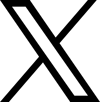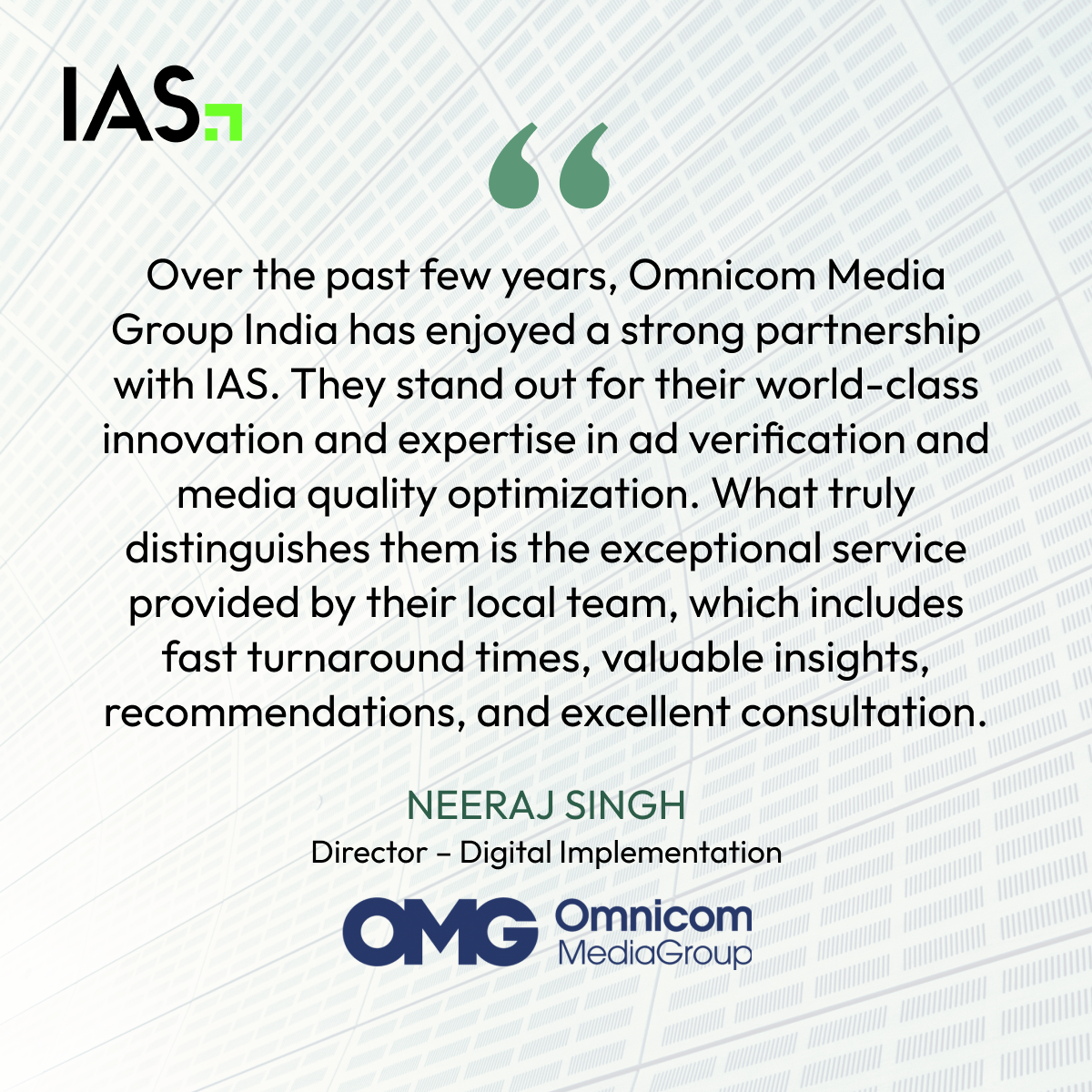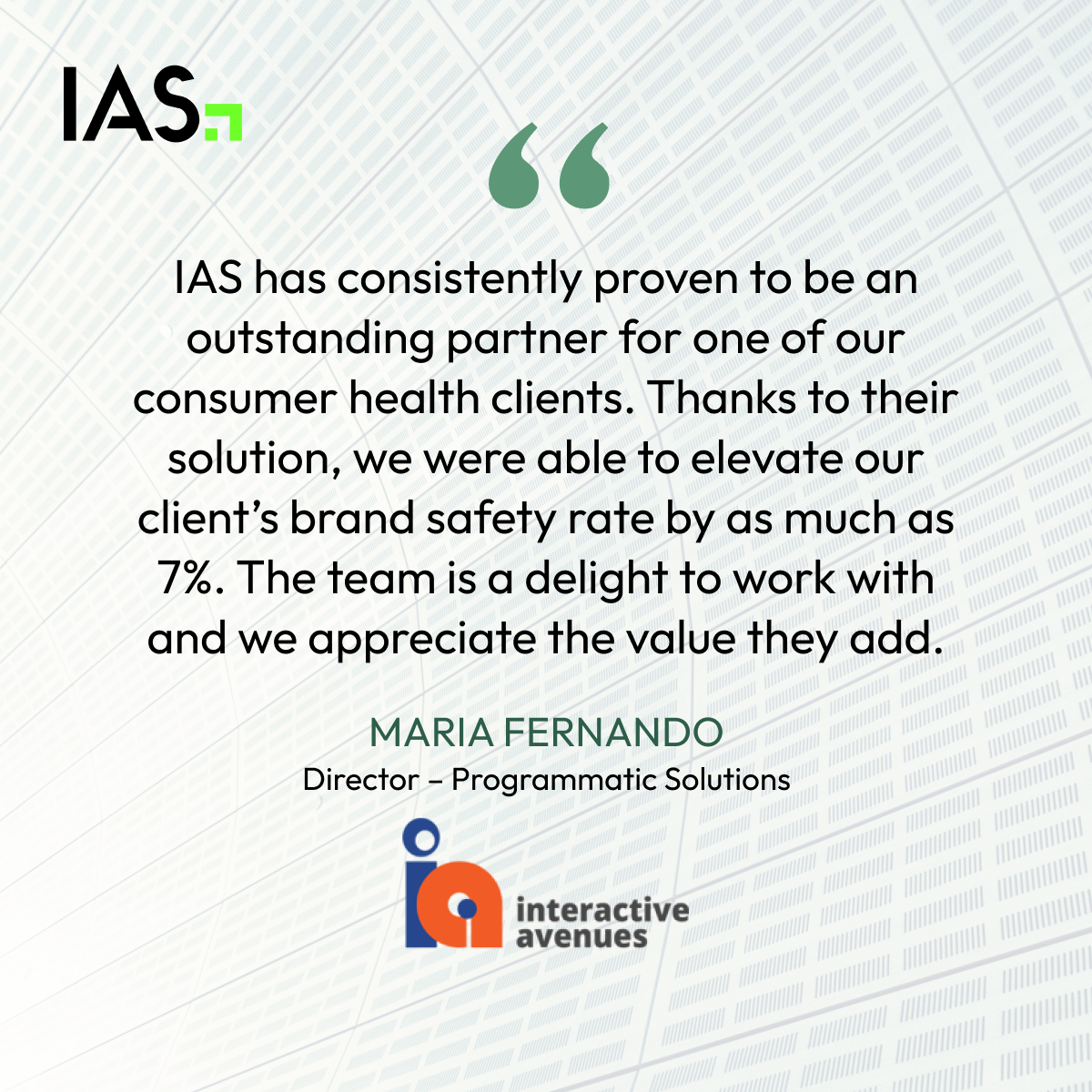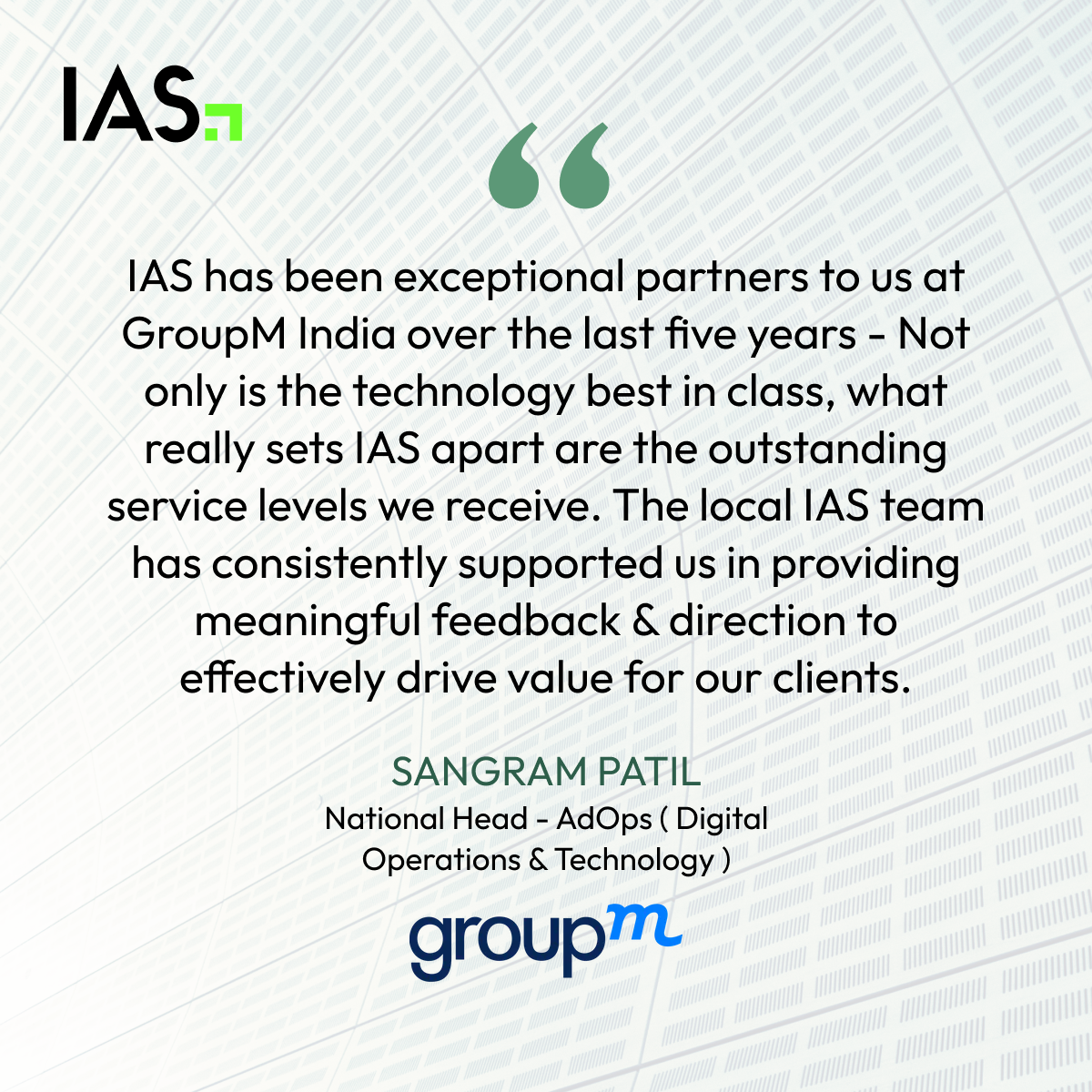
In this exclusive “Masters of Media” series, Integral Ad Science (IAS) speaks to the Movers and Shakers of the APAC advertising industry, on all matters digital.
Gayle While is the Chief Digital Officer (CDO) of Dentsu Media Australia. In this interview, Gayle discusses her unique career journey and her key learning after going through the pandemic.
IAS: Tell us about your professional journey, Gayle
Gayle: I’ve always been fascinated in using creativity and diverse thinking to solve problems, and so a career in Marketing seemed the obvious choice after I left Uni.
I’ve been fortunate that my journey through both digital and creative agencies in the UK and Australia has coincided with the growth of digital in culture and behaviour. Most of the leadership roles I’ve held didn’t exist when I started out, but have been created by the rapid growth of ‘digital’ as a channel for brands to connect with people.
It’s also enabled me to be part of ‘firsts’ whether it was the first interactive TV ad way back when, or brand page to reach over 100,000 fans on Facebook, up to the first financial services voice skill on Alexa in Australia. I hope that there are many more firsts to come.
I still come to work each day excited by the sense of possibility in what we do. I’m lucky to work alongside amazingly talented people, and to partner with open and collaborative clients who share interesting business and marketing challenges to solve.
IAS: The pandemic has driven organizations to accelerate digital transformation, what has been your key learning?
Gayle: Digital Transformation definitely moved up the priority list for Boards at the start of the pandemic driving a big shift in investment and resource power. However, for many complex organisations there still appears to be a gap in the implementation and adoption of the transformation vision. This scale of change doesn’t just happen overnight, even if the customer demand is there.
In my experience, one of the biggest levers an organisation can pull to accelerate their transformation journey is to update organisational KPIs to reflect their digital/customer centric goals and priorities. This acts as a north star so that cross organisational teams have sight of shared outcomes.
I’ve witnessed that it’s hard to galvanise people and keep momentum behind a transformation programme when teams face conflicting priorities. It’s not solely the responsibility of roles with ‘Digital’ in their title to realise a transformation plan. Beyond the investment in enterprise solutions, it takes change management including the re-training of staff and evolution of business processes. This requires an investment of time and money which is often overlooked causing even the best planned transformation journey to stutter and fall into the ‘too hard’ bucket.
The pandemic triggered many digital transformation conversations, but time will tell which organisations are truly committed and successfully transform.
IAS: What are some of the digital advertising-related industry shifts you’ve noticed in the first half of 2021?
Gayle: With covid related lockdowns still taking place we continue to see growth in gaming, live streaming, ecommerce marketplaces, and social platforms extending their solutions into shoppable experiences. There are no signs of this slowing.
We are becoming used to interacting with brands without leaving our homes whether that’s through video live streams, social media content or insta shopping experiences. This shift is resulting in brands moving beyond the conversion end of the funnel and traditional static display formats, to utilising digital channels to build brand. No brand wants to be forgotten in this period when we’re distanced
from the high street experience, resulting in increased spend across high attention channels like online video.
When we return to some sense of normality, and in person experiences are possible again, there will remain an expectation that brands continue to balance emotional and entertaining digital investments with performance.
IAS: The ambition of many players in the digital industry is to reach a completely transparent supply path, is total transparency actually achievable?
Gayle: The ambition is definitely there, but the reality of total transparency is complex and will take ongoing partnership and collaboration.
Now more than ever clients want to optimize toward inventory that is brand-safe, viewable, free of invalid traffic and to understand where their money is being invested end-to-end. All whilst ensuring they’re getting the most value out of their media budgets.
Greater automation has helped to provide timely visibility, but the industry is ever evolving, so there’s still a need for agencies, brands and the wider ad tech industry to build the right direction and put in place standards that will continue to drive transparency and efficiency through regular review and realignment.
At dentsu we’re committed to constantly improving our processes to driving trust and transparency across all our media and digital advertising practices. Across ANZ we partner with the IAS to offer our clients access to tools like Total Visibility to provide transparency for the programmatic supply chain, across both buy and sell side partners, allowing our teams to better optimise client campaigns toward paths and publishers that deliver the highest quality media and cost efficiencies.
IAS: Accelerated digitisation has brought a shift in attitudes towards the traditional 9-6 working hours, in your opinion how has digitalisation levelled the playing field for gender equity
Gayle: Digitisation certainly helps even the playing field when it comes to knowledge building, connectedness and access to information and opportunities. Offering pathways to address gender inequalities at scale.
The last 18 months has seen an acceleration in the normalisation of flexible working arrangements that women in family situations have been wanting for decades, and we know that this is also helping men better balance family and work life.
However, it is a bit of a double-edged sword, whilst digitisation can bring flexibility in location and working times, it can also create a sense of always having to be on or accessible. The answer is still about balance, and organisations being open to working practices that support individual circumstances regardless of gender.
In response to the pandemic it’s been fantastic to see so many women from STEM fields leading the charge – from research and government advisors, to development of the vaccines themselves.
IAS: What’s your favourite book/podcast/movie and why?
Gayle: I’m currently listening to How To Fail With Elizabeth Day, a podcast that celebrates the things that haven’t gone according to plan for a wide range of successful people.
Elizabeth Day is such a fantastic interviewer that people really open up and share their stories in an insightful and entertaining way. I laugh, cry and learn so much from each one.
IAS: What is your advice to the fresh talent in the industry?
Gayle: Stay curious and always be open to learning.
You’ll never know it all, and if you ever feel you do, then it’s time to change career or challenge yourself in a different way.
 Share on LinkedIn
Share on LinkedIn Share on X
Share on X

